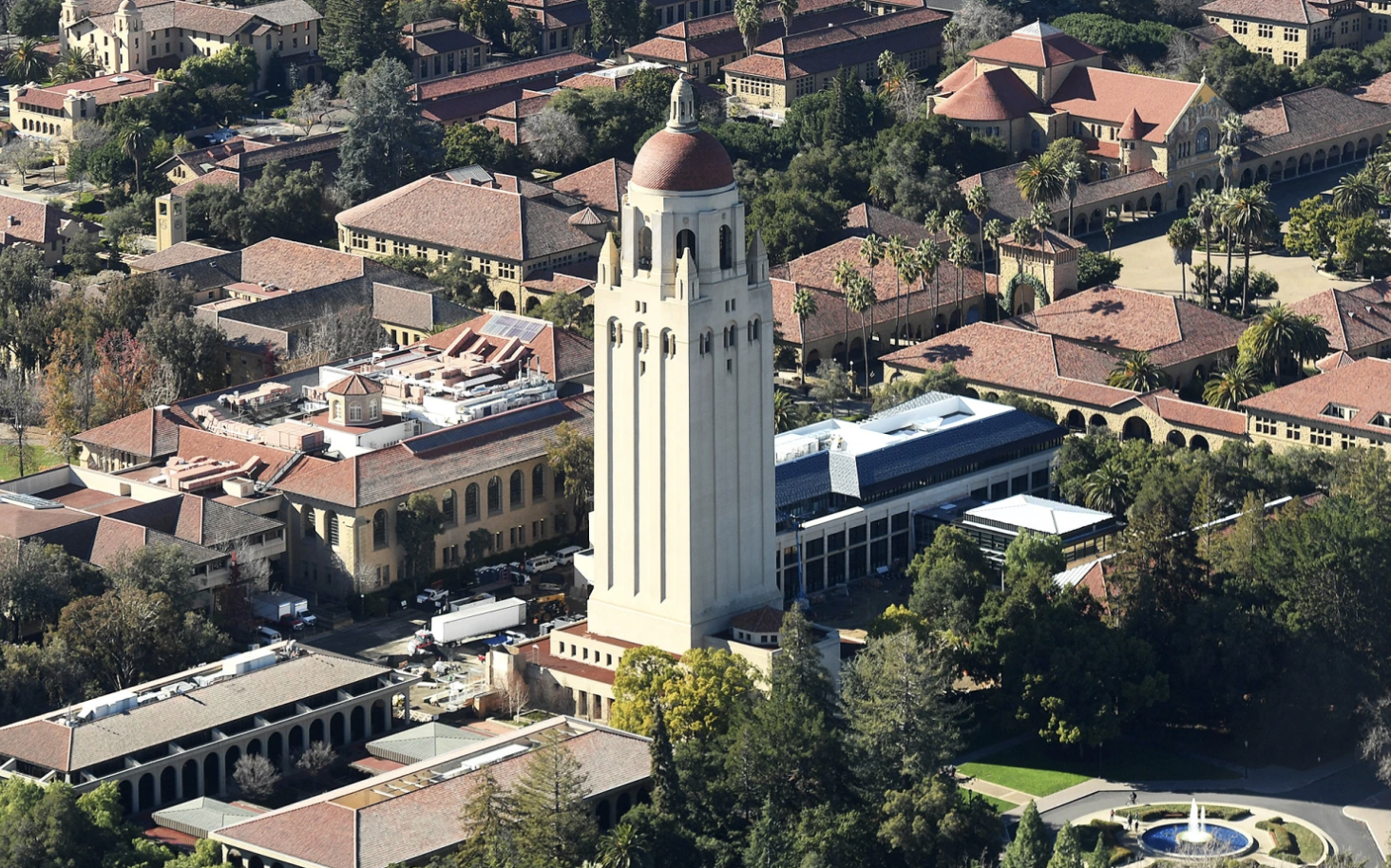By
This isn’t the only scandal on that campus worthy of attention and outrage. The school also faces a criminal case of false sexual-assault accusations. Both instances were complicated by the incessant buildup of nonteaching bureaucrats. Stanford now employs more administrators than it enrolls undergrads—focused on an agenda, not education.
Last month a young Stanford employee was criminally charged with falsely reporting two on-campus sexual assaults. It seems her allegations were part of a revenge plot against a failed romantic interest.
Her accusations, which were dubious from the start, sent the Stanford Title IX apparatus into full swing. That bureaucracy, which enforces rules against sexual misconduct under the authority of a federal antidiscrimination law, issued campuswide safety alerts and spent more than $300,000 trying to secure the campus and find the supposed rapist. In the end, what they found was fraud.
Manufactured accusations like this aren’t common, and they shouldn’t deter us from doing everything reasonably possible to protect students from assault. But they also should serve as a reminder of why the goal of Title IX must be to find the truth, not re-engineer campus life.
Stanford leaders were right to note that “these false reports are damaging, both for true survivors of sexual assault and for the members of our community who experienced fear and alarm from the reports.”
False accusations are also damaging to their targets. In this case, the falsely accused co-worker broke down in tears, telling investigators, “This is disgusting. I don’t feel human. I don’t feel human at all.”
I heard way too many stories like this as we worked to issue a regulation under Title IX to protect due process. Action was necessary because weaponizing Title IX had become an unfortunate trend. The Obama administration’s infamous 2011 “Dear Colleague” letter all but demanded campuses set up kangaroo courts that lacked fundamental due-process rights. The resulting failures were manifold. They led Judge Jose Cabranes of the Second Circuit to observe that the “deeply troubling aspects of contemporary university procedures to adjudicate complaints under Title IX . . . signal a retreat from the foundational principle of due process, the erosion of which has been accompanied—to no one’s surprise—by a decline in modern universities’ protection of the open inquiry and academic freedom that has accounted for the vitality and success of American higher education.”
Regrettably, though predictably, that won’t stop the Biden administration from returning to the bad old days. The Education Department’s Office for Civil Rights, run by the same extremist who headed it under Barack Obama, is expected to release its final regulation on Title IX soon. If the final is anything like the draft rule released last year, it will demand an evisceration of due-process rights and a significant increase in the power of Title IX administrators.
Most outrageously, the department proposed to restore the so-called single-investigator model of adjudication, in which one bureaucrat can serve as detective, prosecutor, judge and jury. Even a graduate of Stanford Law can see the inherent flaws in such a plan.
Combined with the ever-growing DEI bureaucracies on campus, this spells trouble for those who value the rule of law, free speech and common sense. Campus commissars will have a new array of federally mandated tools to pursue their agendas. Look no further than this administration’s efforts to redefine “sex” under Title IX and destroy women’s sports.
Sex-based crimes and discrimination are serious matters. Students deserve equally serious rules for addressing them. The Biden Title IX plan is the opposite.
To see this article in its entirety and subscribe to others like it, choose to read more.
 Listen Online
Listen Online Watch Online
Watch Online Find a Station in Your Area
Find a Station in Your Area







 Listen Now
Listen Now Watch Online
Watch Online
